Table of Contents
ToggleWhat is the National Guard
The National Guard is a force we see during a state of emergency. This could be a major hurricane or a large-scale riot.
What are their roles as part of this national service?
How important is the National Guard?
History of the National Guard
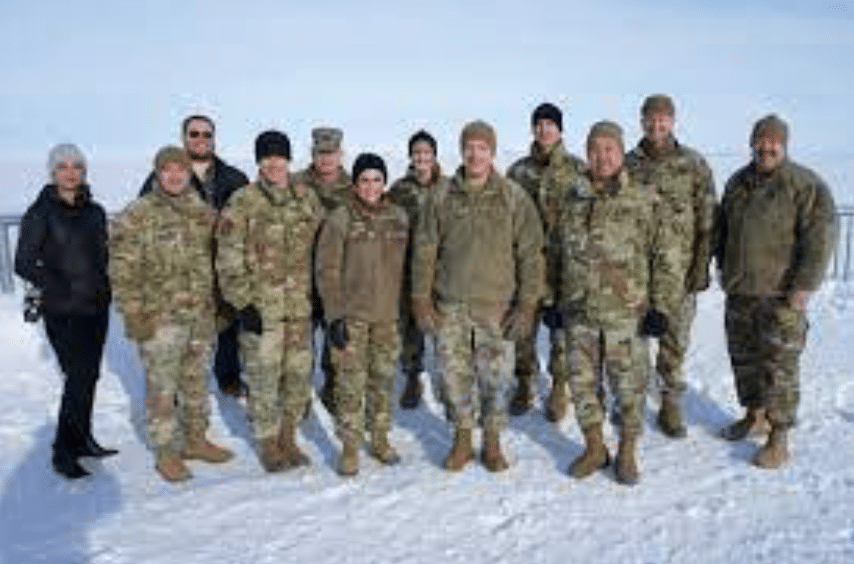
For centuries, the National Guard has been a part of the United States forces. The group didn’t always exist in the same capacity as today, but there was always a citizen-soldier “army” that could be called upon.
The force developed out of the militia. The militia was an important part of the American colonies and was used for defense. The first National Guard appeared in Massachusetts Bay in 1636.
The government decided to keep state militia groups in place following independence. This balanced federal authority, and the force grew from there.
Today, the National Guard is called to assist in major disasters and sometimes military conflicts.
Who Is a Part of the National Guard?
The membership of the National Guard is different from that of other armed forces, where you are a full-time member of a service.
Members serve part-time alongside other jobs. They could be lawyers, accountants, or anything else. What matters is that they commit to a training weekend each month and a few weeks of service over the year.
During their annual service, some of the National Guard will be sent to work on major assignments within their state.

How Many National Guardsmen Are There?
Around 450,000 part-time citizen-servicemen are working with the National Guard. They are split into 54 organizations between the Army National Guard and the Air National Guard.
There is one organization for each of the 50 states, one that works in Washington D.C, and three that cover the territories of Puerto Rico, Guam, and the Virgin Islands. These groups focus on looking after the people in these United States-owned territories as much as they do on the mainland.

What does the National Guard do?
There are three main roles of the National Guard when it comes to protecting their country, their state, and the people within.
They are as follows.
- Domestic law enforcement measures.
- Dealing with state emergencies.
- Foreign military action.
Domestic Law Enforcement Measures
Domestic law enforcement is the role that most people probably think about when it comes to the purpose of the National Guard.
The phrase “calling in the national guard” isn’t always a positive one, as it often means that there is a scene of potentially dangerous unrest.
For example, National Guard troops can be called in to help law enforcement during riots and protests that get out of hand.
One of the most recent examples of the National Guard being used to deal with civil unrest was during the Black Lives Matter protests.
Many state officials were quick to call in their National Guard to protect police and break up protests after a police officer in Minneapolis murdered George Floyd.
The idea of bringing in the National Guard is often a threat made to help end such protests. The Guard shouldn’t be too proactive on the front line but can assist law enforcement logistically. They are also often brought in to enforce a curfew and show a presence on the streets.
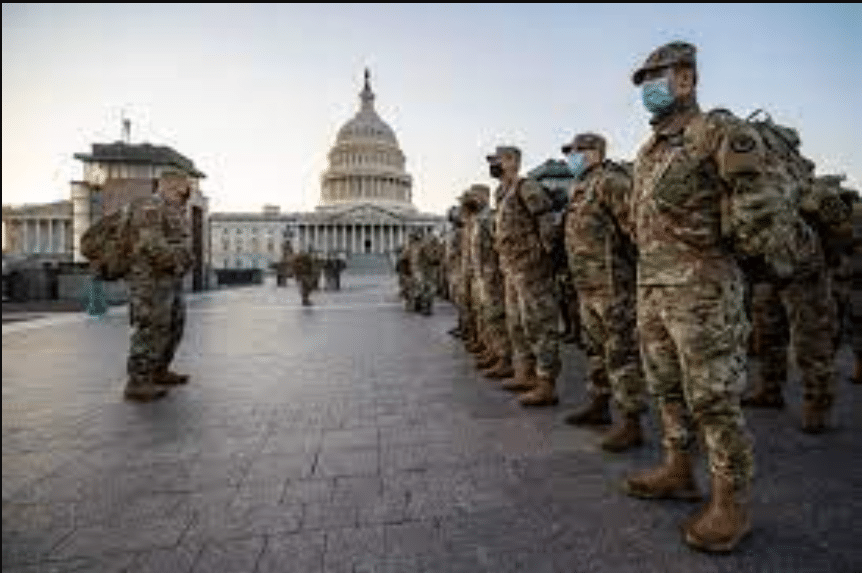
Dealing With State Emergencies
The National Guard often deals with State Emergencies. They are called in during times of state emergencies to have a skilled and organized team on hand. This means better logistics in bringing in aid, distributing it to those in need, and setting up crisis centers.
Guards can also take on other physical tasks to tackle problems head-on, such as dealing with fires, clearing areas cut off in storms, and other essential tasks.

The National Guard responds to many state emergencies. There is a lot of publicity about their participation in major events like hurricanes and wildfires, but they can also be called out in less serious situations.
Tropical storms are increasingly common on the East Coast and offshore islands, so hurricane relief is essential.
Wildfires are more impactful than ever in California. That’s not to mention freak weather events and tornadoes.
The National Guard was called out to 63 emergencies in 2022 alone.
Foreign Military Action
There are times when state-based movements are called up to serve on a grander scale.
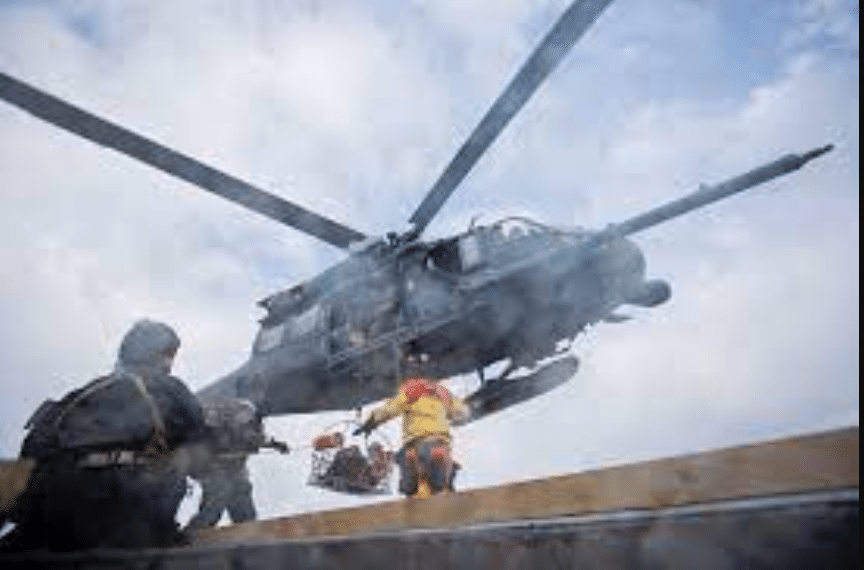
National Guard members can head to conflict areas to support the United States Armed Forces troops.
They may not have the same training and experience, but they are skilled enough to help in many areas. This has happened for centuries as the government leaned on its resources. Some fought alongside the army in the Revolutionary War and continued to do the same in Iraq (and Afghanistan).
How Much Power Does the President Have Over the National Guard?
Presidents will often threaten to deploy the National Guard in situations and make strong suggestions for state officials to use them.
However, the Posse Comitatus Act was created to stop the president from taking advantage of these state-based forces. The Insurrection Act also provides a backup for circumventing that law where essential.
There is a bit of a grey area regarding Washington, D.C., though. D.C. isn’t a state, so it doesn’t have a governor to instruct the guards. Instead, the president or Pentagon must do so. This led to a weak situation during the storming of the capitol in January 2021. Many felt the response was too weak and slow as President Trump’s supporters entered the building.

Get Smarter on US News, History, and the Constitution
Join the thousands of fellow patriots who rely on our 5-minute newsletter to stay informed on the key events and trends that shaped our nation's past and continue to shape its present.

How Important Is the National Guard?
With many roles to play, the National Guard remains an integral part of the armed services in the United States. When utilized correctly, they can help bring aid and peace to areas dealing with conflict and stress. They are a vital tool for state disasters and wider national unrest.
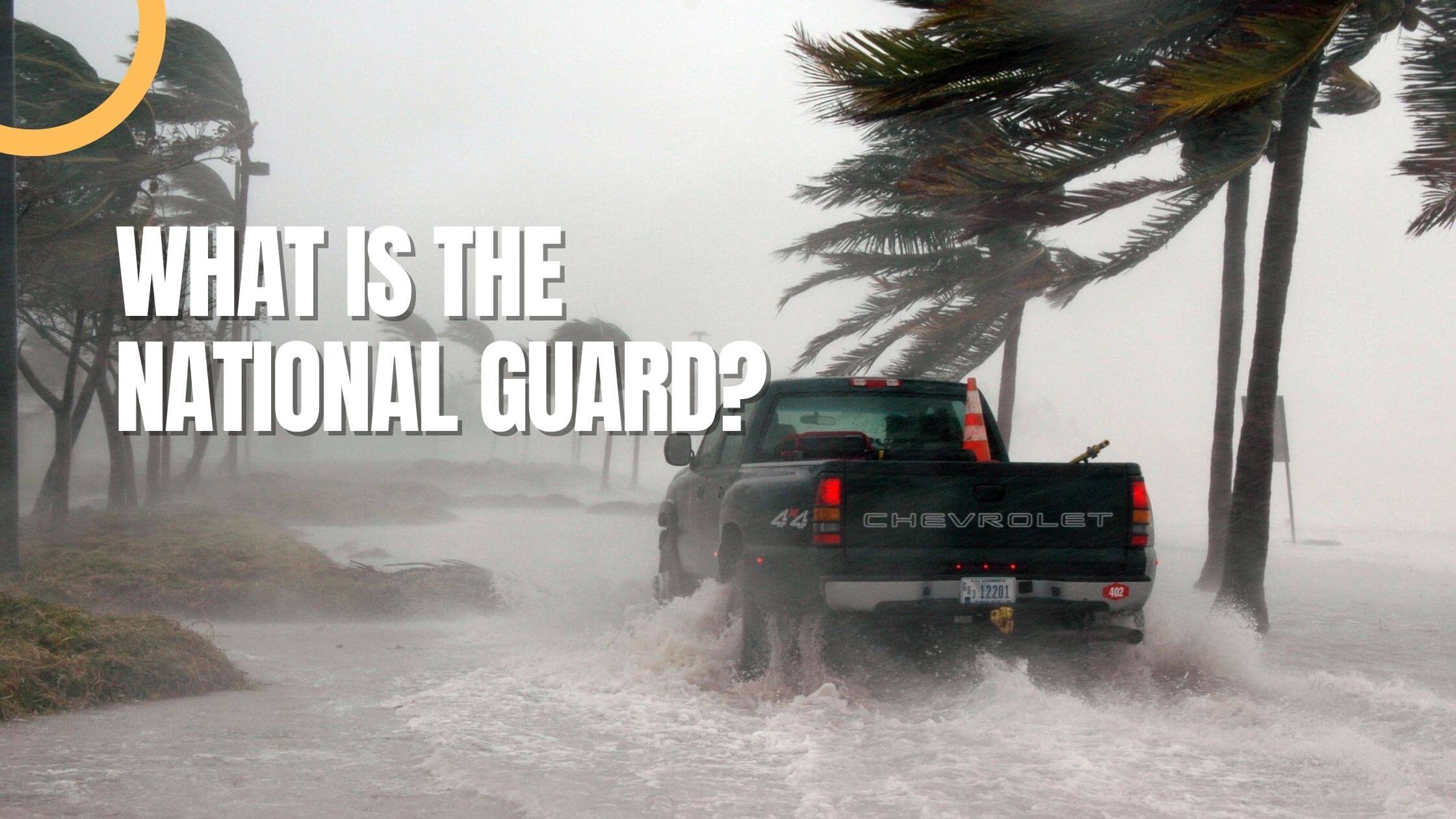
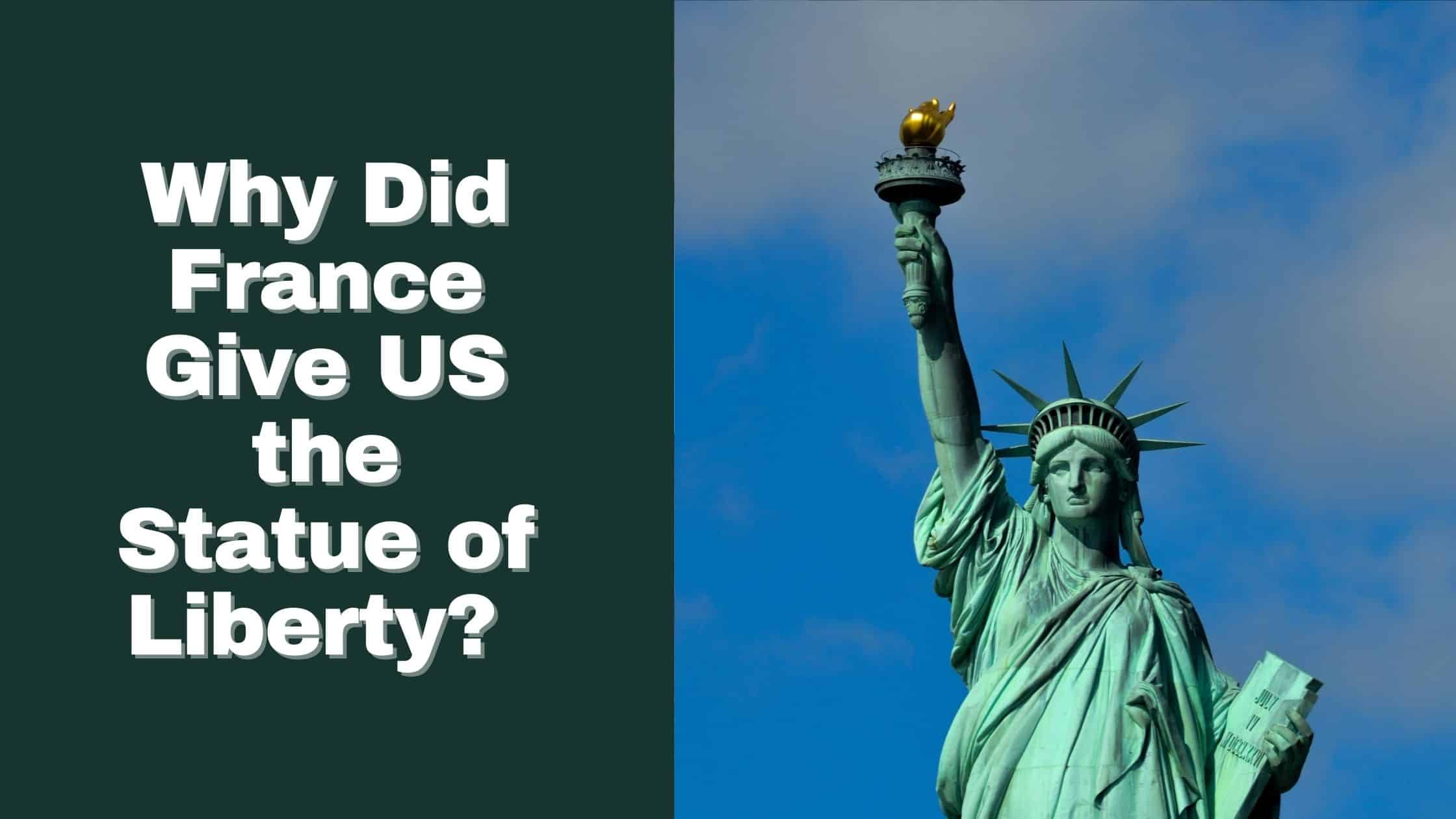










One Response
Perhaps you penned this article prior to the tapes being released but Re: “Many felt the response was too weak and slow as President Trump’s supporters entered the building.” the truth is out Trump asked for more security and Pelosi denied it. Additionally most of the violence was staged by intel. They have the tapes of truth.